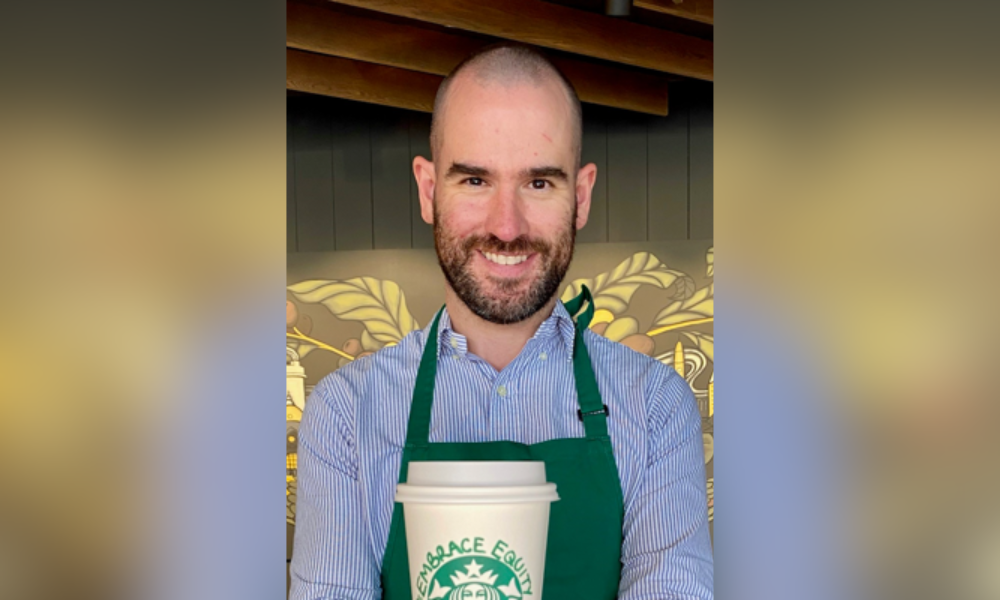
'A great leader now is totally different to a few years ago,' says Peter Elkhuizen, discussing Gen Z, soft skills and AI

Having been at Starbucks Australia for nearly four years, Peter Elkhuizen knows well the power of embracing change and its importance to business growth.
As Starbucks’ Head of Coffee and Engagement, he also understands the importance of leadership to foster an inclusive and high-performing workplace.
“It’s all about connection now and being able to connect and understand people. Understanding internal motivation is what will get the most out of them,” he said.
“You’ve got to have humility and a real positive approach to people but also be able to take on feedback and strive for continuous improvement."
A “great leader” today is totally different to a few years ago, Elkhuizen said at a recent event.
“The focus now is on the ability to connect, understand, and meet people where they are now and look at where they can go. It’s all about value. Making them feel valued creates value for the business – you’re able to be adaptable, work in a fast-paced environment, be agile.”
A huge portion of Starbucks’ workforce are Gen Z, he said.
“It’s staggering to see that, in general, most don’t feel empowered and engaged at work. A big challenge across the board is retention but rewarding staff and making them feel heard is the crux of what we do to make sure they’re happy."
With AI becoming an enabler within people management, there’s an increased focus on soft skills and the personal touch within the workplace.
Elkhuizen said the key is understanding resources that are available, educating others, and creating a culture where it’s okay to ask questions.
“If you go back 10 years, it was seen as bad to ask for support and there was a big focus on doing things on your own and by the book – and if you don’t, it is almost a sense of failure,” he said.
“For us, it's about breaking down some of that stigma. It's also understanding what's important and leveraging the tools that we have from a training perspective."
For example, Starbucks has launched a new learning management system which is a game for learning experience that is gated, catering to Gen Z through micro learning.
“It's all done on a mobile device and it's adaptable,” Elkhuizen added.
Gone are the days of traditional training workshops lasting a day, or whole week, according to Elkhuizen.
“It’s so important to focus, now, on situational training and implementing specific programs to develop that support instead of sitting down and making everyone learn the same thing.”
Speaking at the RGER: 2025 HR Trends event, Elkhuizen noted that “management is changing, and expectations have shifted. In the last 10 to 15 years, the stigma around speaking up about feeling stressed has gone away and it’s our responsibility to keep shifting that needle.”
There’s more awareness now, along with more support and tools, he said.
“But it’s nothing without communication. New managers are more aware of these issues and actually bring up the question of what we can do to keep people in the business. If you want to stay and see yourself working here in, say, five years, you make that decision on how you’re treated and the support you get.
“We’re all human and we need to be treated like that.”
Elkhuizen emphasised the importance of measuring the effectiveness of a manager based on the long term. To do this means looking outside of development meetings and training and instead looking at how their aspirations grow with the organisation’s.
“Yes, we're going to see instantaneous results with training, but maybe it's going to come across long term in terms of how we ultimately see how engaged they are and their team moreso around the team of the environment that they create as well.